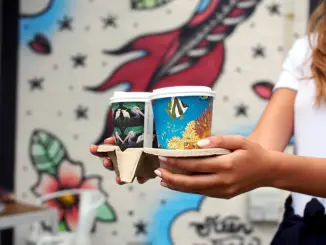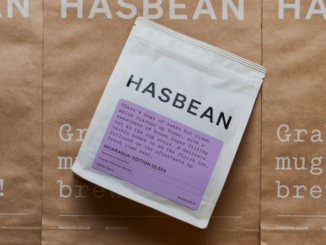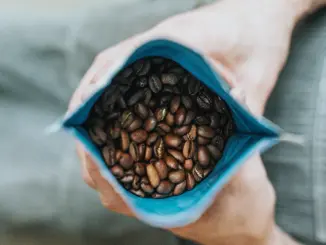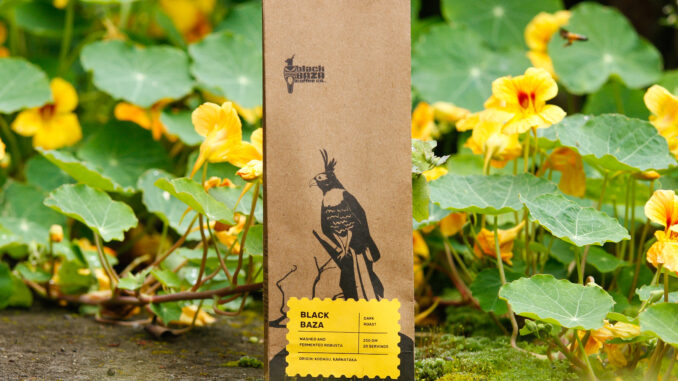
In part two of our series on coffee packaging in India, we meet a roaster whose bags represent some of India’s iconic animals.
BY RESHIL CHARLES
SPECIAL TO BARISTA MAGAZINE
Photos courtesy of Black Baza Coffee Company
Editor’s note: This is the second part in our coffee packaging series; head here to check out part one.
Despite all the positive aspects of growing coffee, Arshiya Bose has taken note of two major drawbacks: deforestation of biodiverse areas and unfair market prices for smallholder producers. So she started the Black Baza Coffee Company in 2017 in Bengaluru, India, with the aim of working mainly with smallholder producers and farmers in tribal areas and conserving the ecosystem around the coffee farms she sources from.
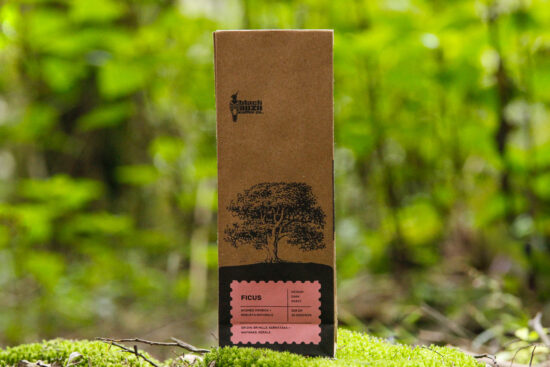
Black Baza Coffee Company’s Ethos
Arshiya’s activism is visible on each bag of Black Baza beans, aptly named after the black baza bird of prey found across South Asia. “Each species or living organism that we highlight on our packs is a part of the region that that particular coffee comes from. Just the fact that these species are present around the farms we work with is an indication of a pesticide-free environment,” explains Arshiya. “We are trying to bring attention to the fact that an entire ecosystem of plants, animals, and environment interconnects to produce the cup of coffee that the drinker finally sips.”
Earth-Friendly by Design
Each package of Black Baza coffee is made of paper from sugarcane waste, with biodegradable plastic on the inside. Each roast is named after a specific species; the Galaxy Frog medium roast, for example, features a sketch of a frog endemic to the Kerala region. The Whistling Schoolboy blend of arabica, robusta, and chicory is named after the Malabar whistling thrush, a bird found in the Western Ghat region of India.
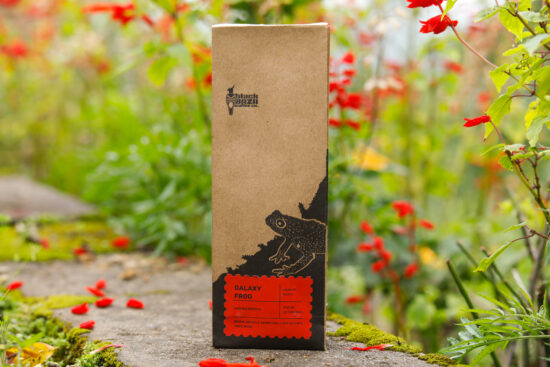
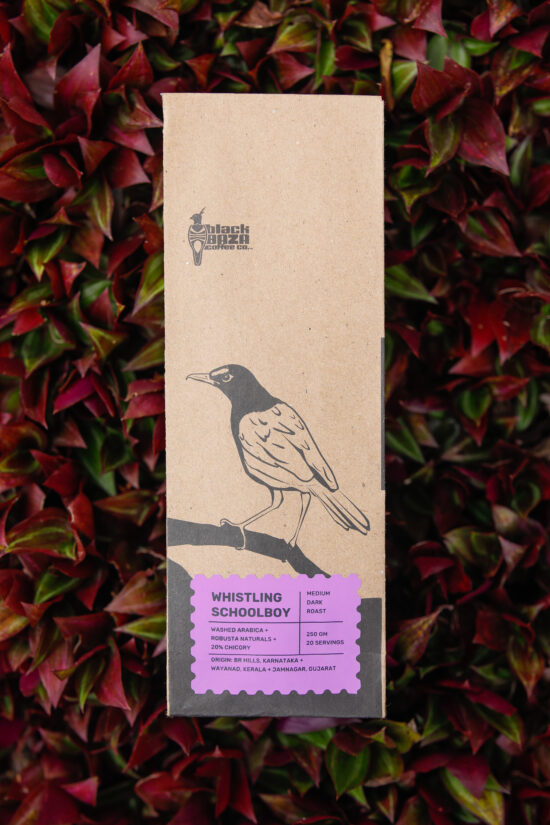
Arshiya works with the artist and graphic designer Kalabati Majumdar to visualize her message. A former textile designer, Kalabati’s old-school method splashes across each package wonderfully in a single color: black. “I sketch in pencil, then scan, then digitize. Working with Black Baza is really special to me as I am completely aligned with their vision to bring more attention to the ecosystem around coffee. In fact,” says Kalabati, “I fondly call all the species I sketch ‘the fellows.’”
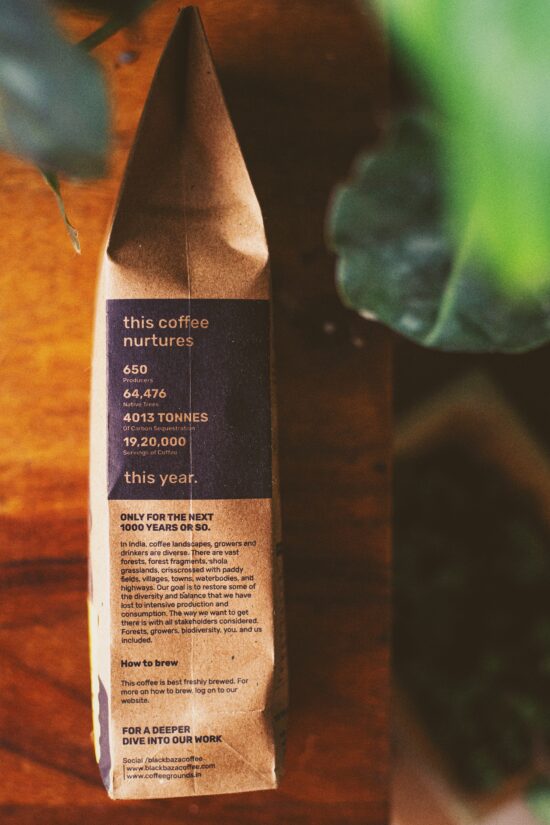
Black Baza does not have its own café yet but operates out of its roastery in Bengaluru. From there, they send their coffee out to cafés, retail stores, and individual consumers across the country.
ABOUT THE AUTHOR
Reshil Charles (he/him) is based in New Delhi, India, and works across television, web, and print as a journalist and presenter. He has been tracking emerging Indian trends across a few sectors for the last 19 years, with a special eye on the evolving Indian coffee scene. He feels strongly about exposing the world to the variety of culture and subculture in India that meets at the crossroads of traditional and modern, and coffee fits right in.


